Goldilocks and the 3 Bears, as presented by Heather’s 1st-grade class:
Download here (~90 MB)
And Pictures:
Goldilocks and the 3 Bears, as presented by Heather’s 1st-grade class:
Download here (~90 MB)
And Pictures:





Some pictures from Easter this year:












Last week, we went out to Connecticut to celebrate Dad’s retirement (March 29).
We arrived the night before in secret and spent the next day decorating. All the kids (and many of the grand kids) surprised Dad at his office in the afternoon. Erin, Mollie, and Megan sang a modified version of “For the Longest Time.”
We spent the evening at the church building for a party. There was food and cake, the kids ran around like loons, and we played “Jobs Dad has had” Wheel of Fortune (minus the wheel).
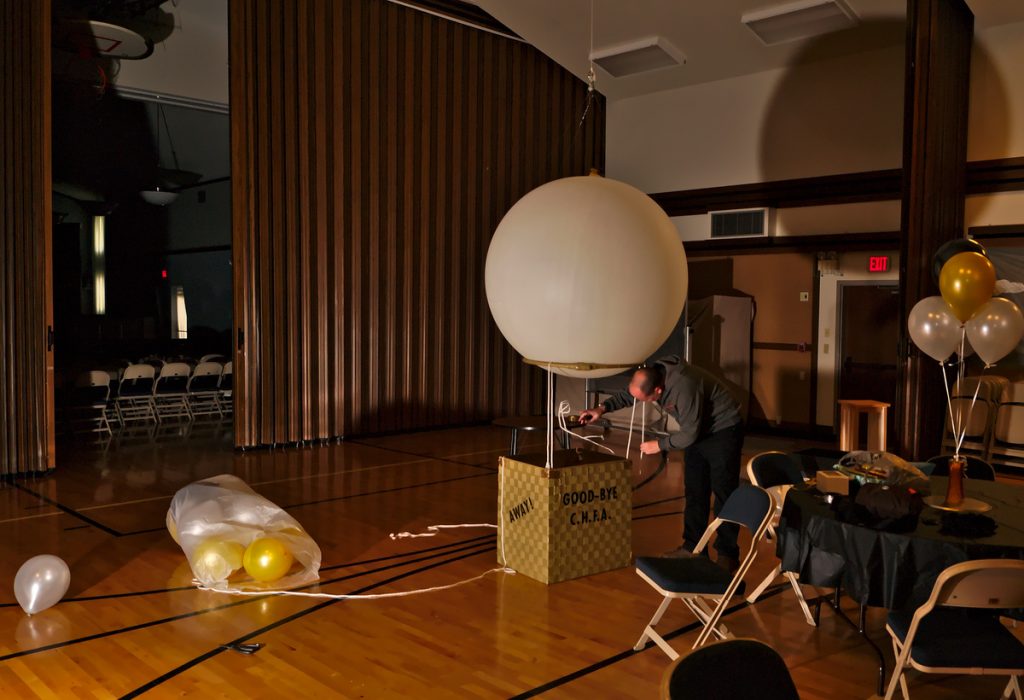
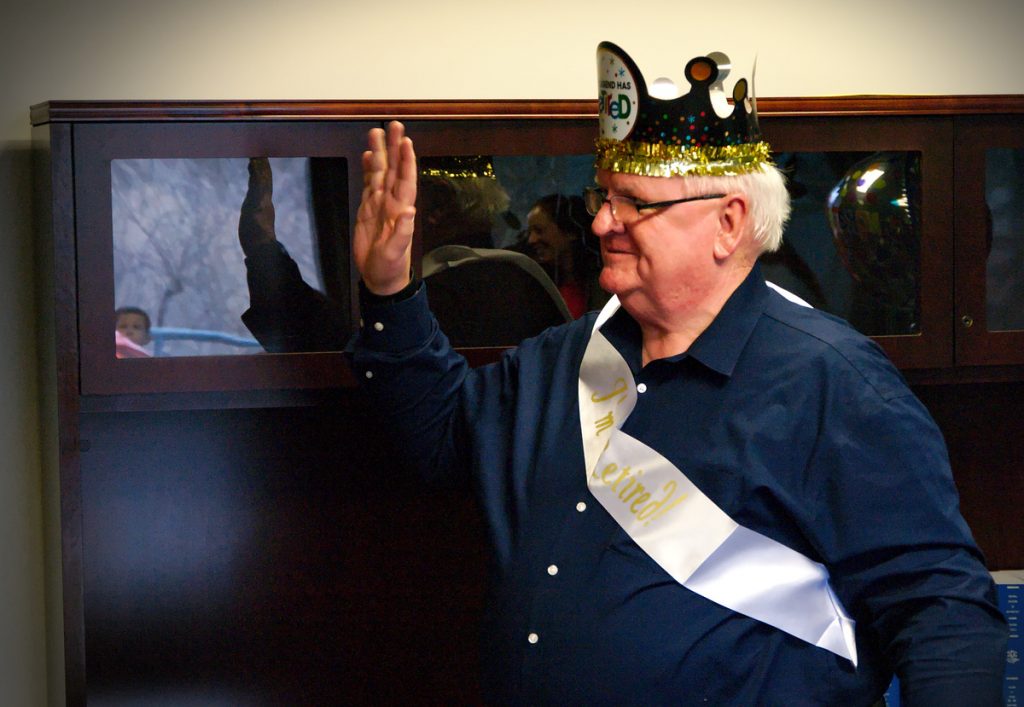

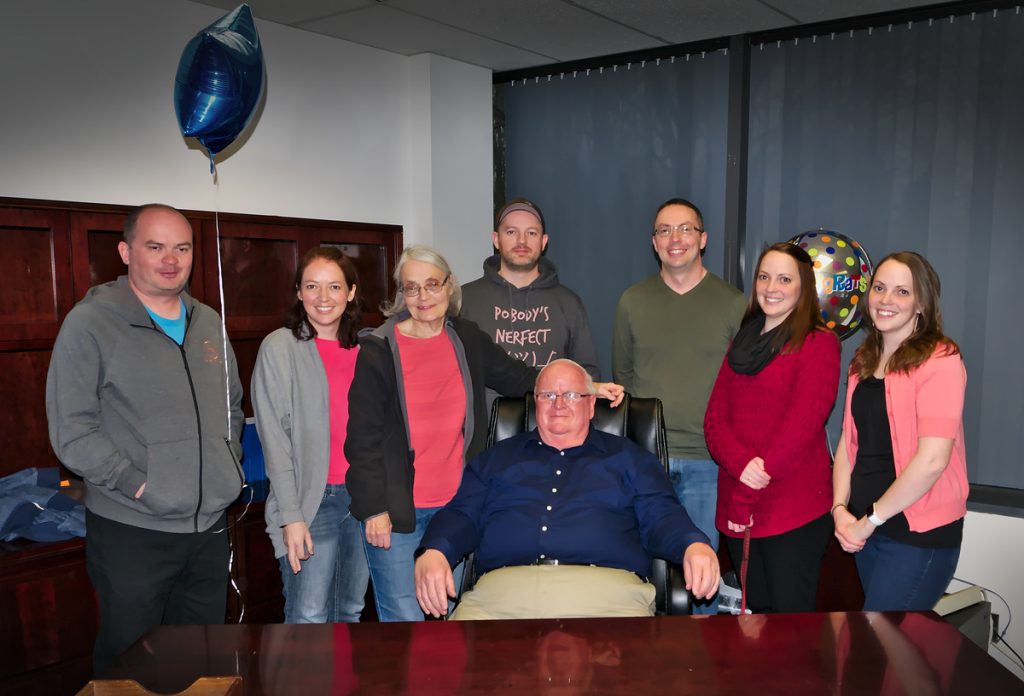
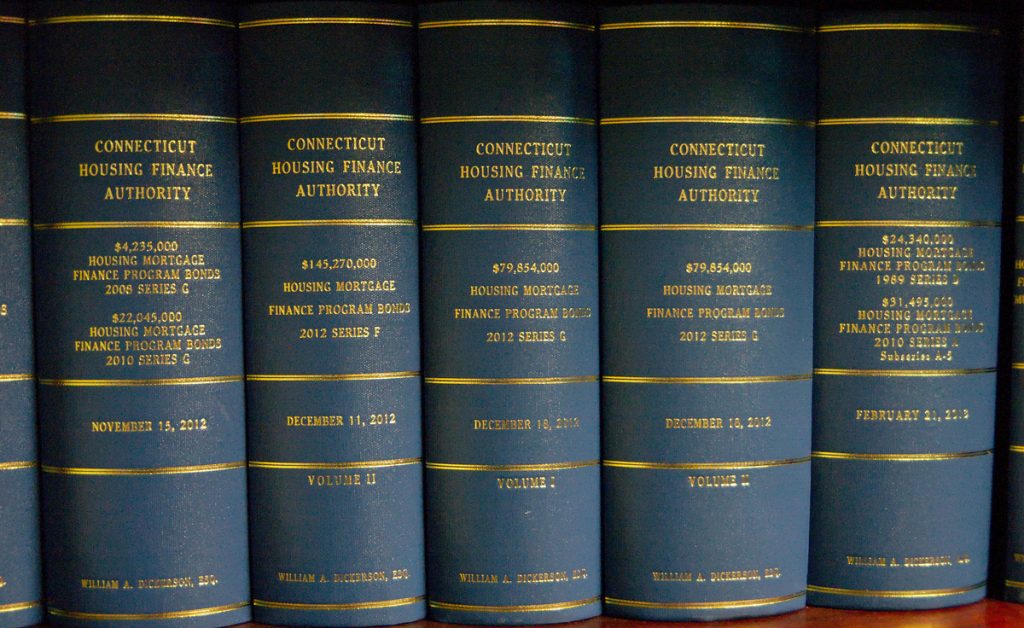




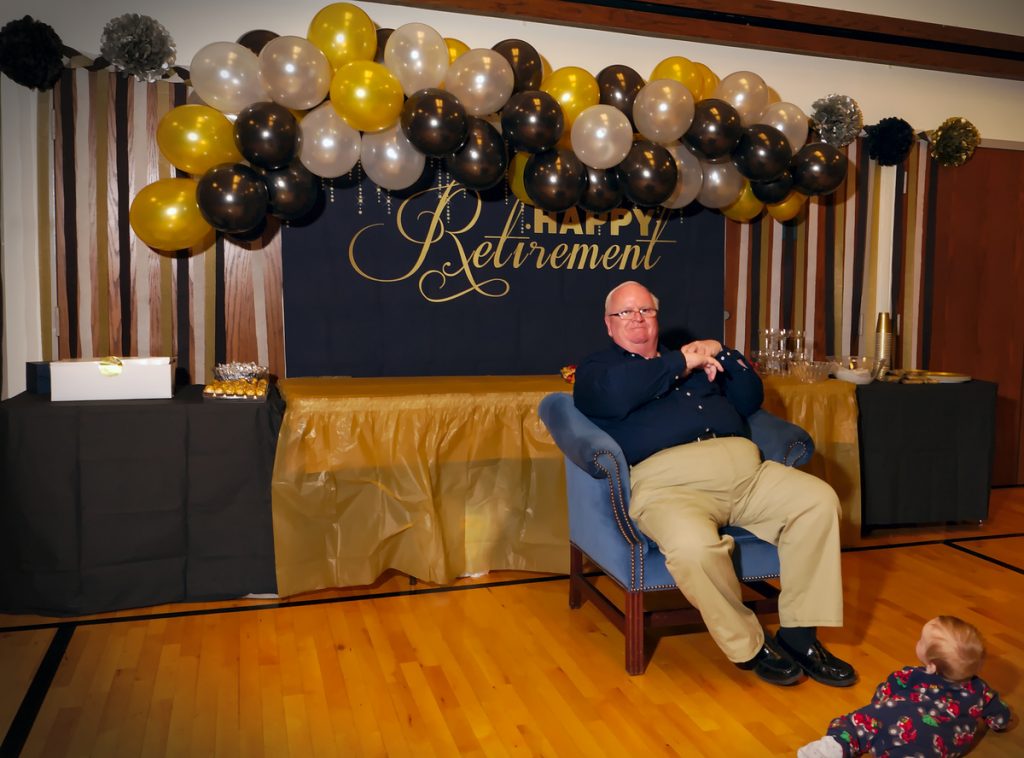





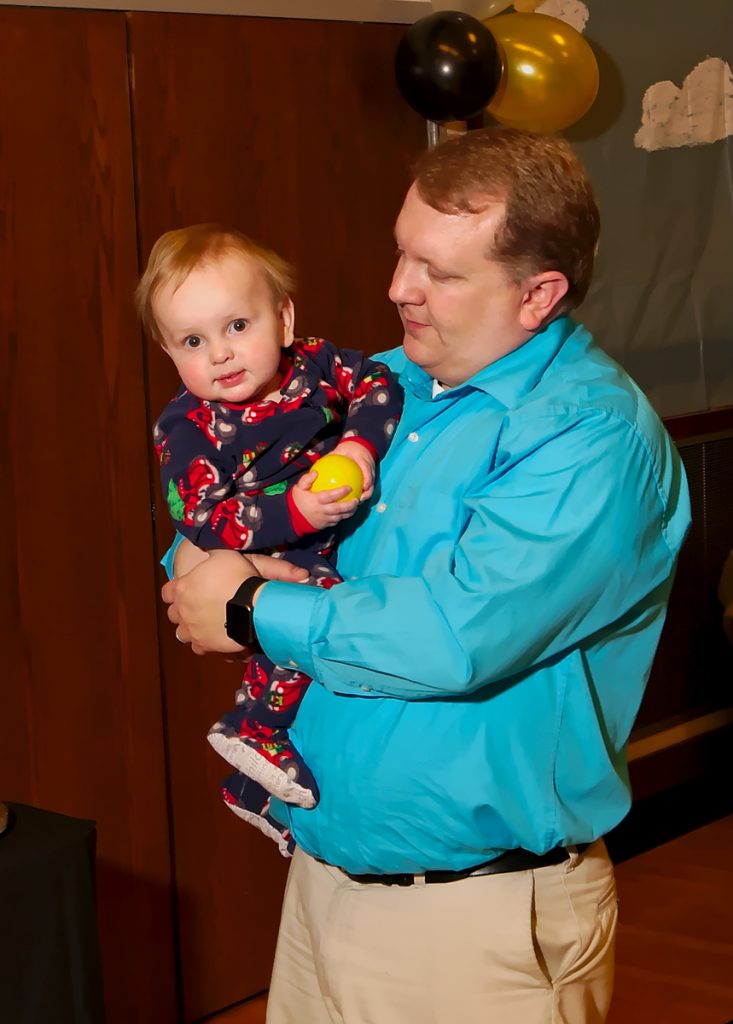



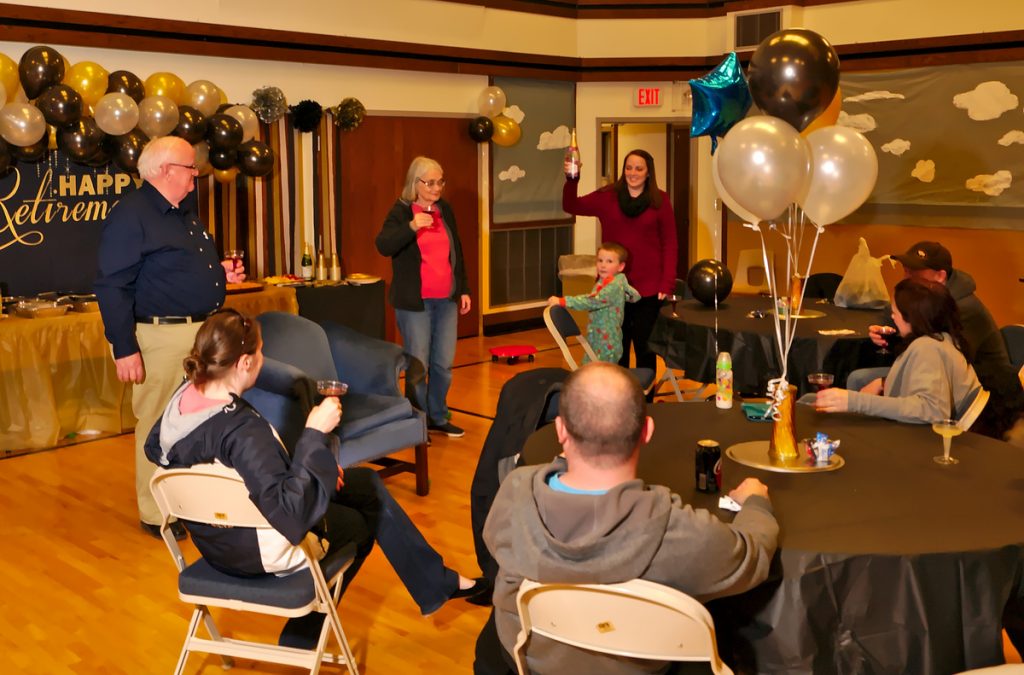
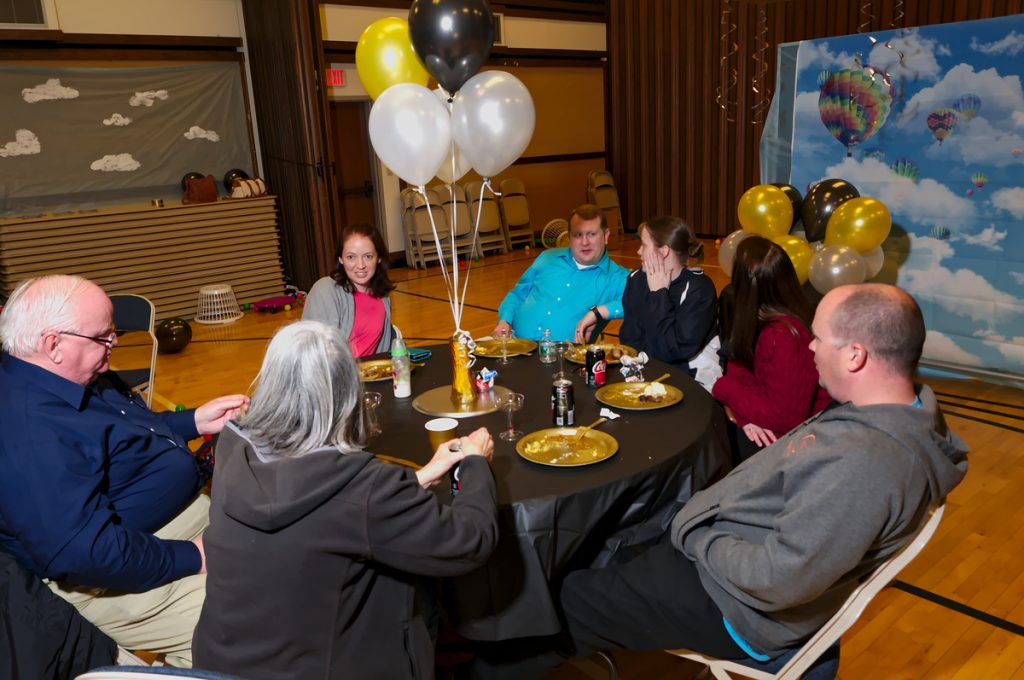


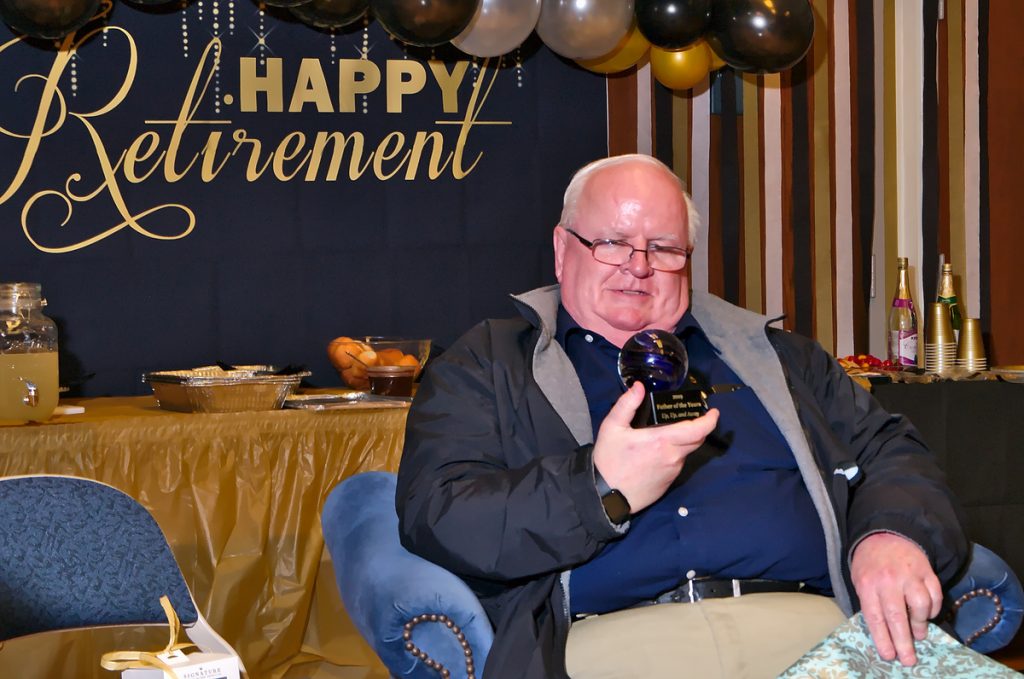
Corinne’s birthday fell on a Sunday this year, so we got to pack in a full day of celebrations. We started by opening presents.
Then we drove up to Walnut Creek for birthday lunch and ice-cream at the San Francisco Creamery (clearly not located in San Francisco). Then it was off to Tilden Regional Park to ride the steam trains and the carousel. Corinne wanted me to ride in the spinny seat with her the first ride so I needed an inner-ear break for the second ride.

After the park it was time to get the exhausted kids back home for cake and bed.


She’s a happy little girl. She’s been in preschool this year, 2 days a week for a couple hours each day. She has swim class on Mondays. And gymnastics on Wednesdays.
Every year since TK Heather has intently designed a leprechaun trap to put out the night before St. Patrick’s Day. It’s apparently something they discussed at school.
She has been a bit distraught that for 2 years now she has failed to catch one. They are just too clever to fall for her tricks.
This year she thought up an entirely new approach. Instead of trying to trap a leprechaun with force she built a playground. She hopes the leprechaun enjoys it so much that it will stay, but if not, she hopes it will have fun. This was entirely her idea and Jess and I find it awesome.
So she designed and built this playground. Jess helped with the bench, slide, and tree; but otherwise Heather built it herself. Look at that swing! Entirely her own design! And the sandbox is full of sand (bits of colored paper) and has 2 functional shovels and buckets! The big lumpy things are gold nuggets. In the center there is a pond. Beyond the pond is a flower and a blade of grass.

Then she wrote a letter for the leprechaun:
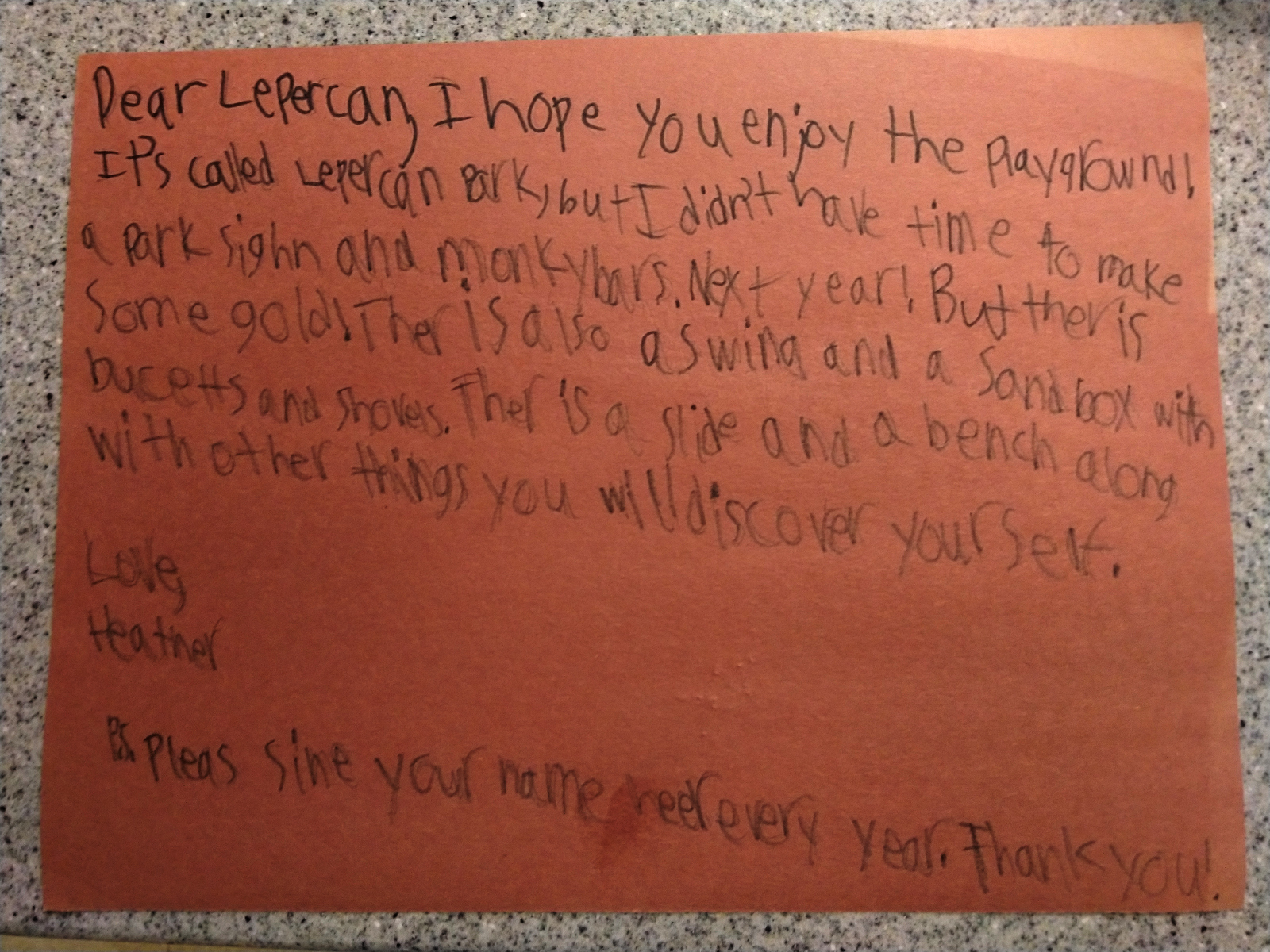
(Reproduced below with spelling corrected for readability)
Dear Leprechaun, I hope you enjoy the playground! It’s called Leprechaun Park, but I didn’t have time to make a park sign and monkey bars. Next year! But there is some gold! There is also a swing and a sandbox with buckets and shovels. There is a slide and a bench along with other things you will discover yourself.
Love,
HeatherP.S. Please sign your name here every year. Thank You!